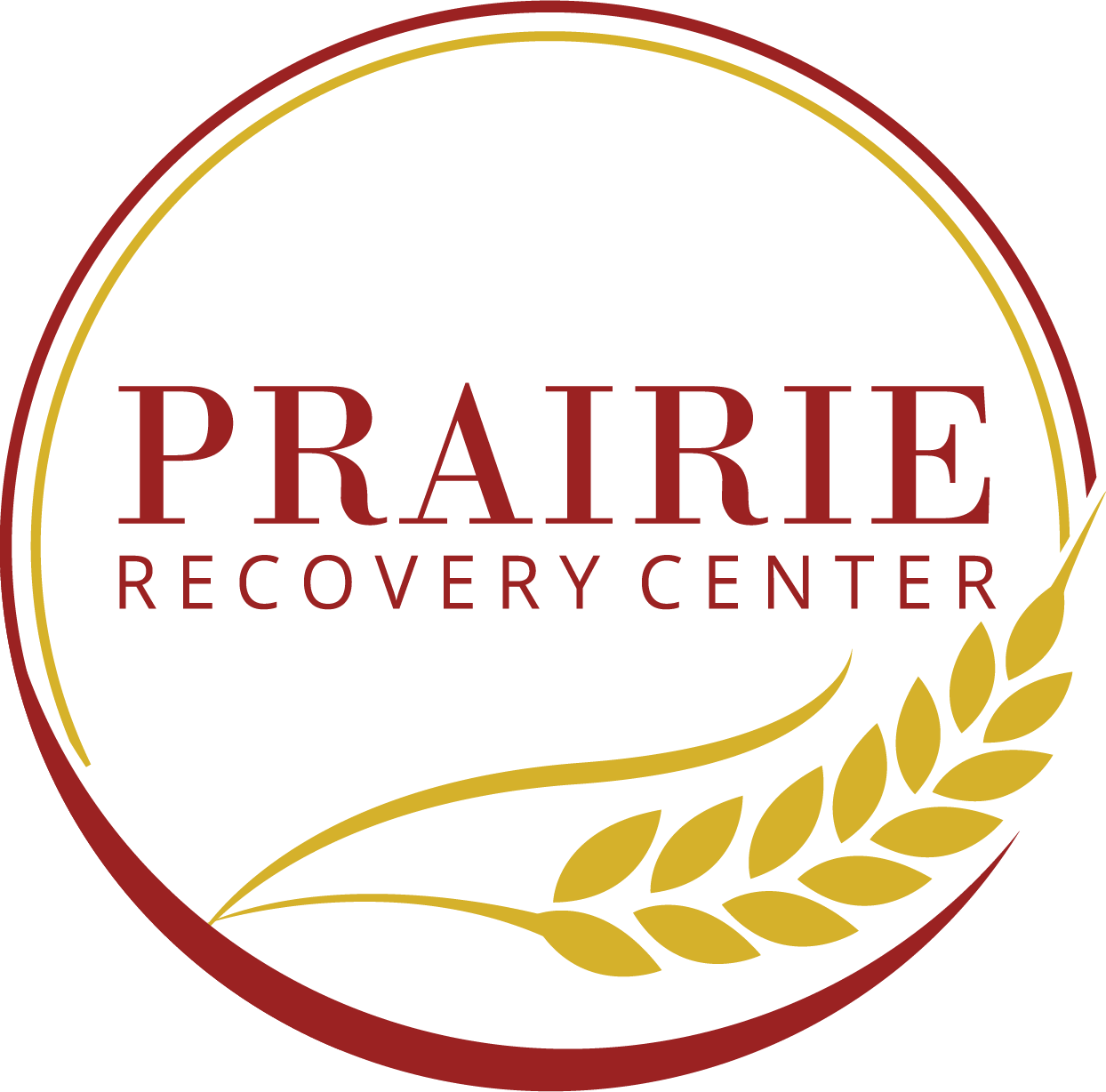Later in life, many people find themselves struggling with chronic relapse. Unfortunately, this is a common occurrence. There are a number of reasons why people may find themselves in this situation. Sometimes, it is due to a change in circumstances; other times, it is the result of a lack of understanding about how to seek treatment for chronic relapse.
At Prairie Recovery, we tailor our chronic relapse treatment plans to meet the needs of each individual. We believe that this is the best way to help our clients achieve long-term sobriety. Call us at [Direct] today and learn more.
What Causes Chronic Relapse?
In general, addiction can be defined as a chronic, relapsing disorder characterized by compulsive drug-seeking and use despite harmful consequences.
There are many chronic relapse causes, but the most common one is untreated addiction. When addiction goes untreated, it takes over a person’s life and causes them to act in ways that are harmful to themselves and those around them. If left untreated, addiction will only get worse, and the person will eventually end up in a chronic relapse cycle.
Other chronic relapse causes include:
- Mental health disorders
- Trauma
- Poor coping skills
- Lack of support
- Stress
- Relationship problems
- Job loss
- Financial problems
Treatment can help you to identify the underlying causes of your relapse and to develop a plan to prevent future relapses. There is no shame in seeking help, and treatment can give you the tools you need to achieve long-term sobriety.
The Importance of Treatment for Chronic Relapse
People who are struggling with chronic relapse often feel like they are stuck in a never-ending cycle. They may feel like they are never going to be able to break free from their addiction. This is why treatment for chronic relapse is so important.
Treatment can help you to understand your addiction and to develop a plan to overcome it. Treatment can also provide you with the support you need to stay on track with your recovery. Without treatment, it is very difficult to achieve long-term sobriety.
Addiction is a complex disorder that can involve many different factors, including genetics, brain chemistry, and environmental influences. It is not always easy to overcome, but treatment can help people struggling with addiction to regain control of their lives.
How to Seek Treatment for Chronic Relapse
The first step is to reach out for help. This can be difficult, but it is essential to remember that there are people who care about you and want to help you. Prairie Recovery is here to help you through every step of the treatment process.
The second step is to make an appointment with an addiction specialist. This is someone who can help you understand your addiction and create a treatment plan that is right for you.
The third step is to follow through with your treatment plan. This may include going to therapy, attending support groups, and taking medication.
Treatment Options at Prairie Recovery
At Prairie Recovery, we offer a variety of treatment options, including:
- Inpatient treatment
- Outpatient treatment
- Partial hospitalization
- Intensive outpatient treatment
We also offer a variety of specialized programs, such as:
- Trauma-informed care
- Dual diagnosis treatment
- Family therapy
We know that everyone is different, and we will work with you to create a treatment plan that meets your unique needs. Treatment is not a one-size-fits-all process, and we will tailor our services to meet your individual needs.
Break the Cycle of Chronic Relapse at Prairie Recovery’s Treatment Center
Treatment is essential for anyone who is struggling with chronic relapse. Without treatment, it is very difficult to break the relapse cycle. Prairie Recovery is a treatment center for chronic relapse that can provide you with the support and resources you need to make lasting changes in your life. Call us at [Direct] or fill out our online form to learn more.

